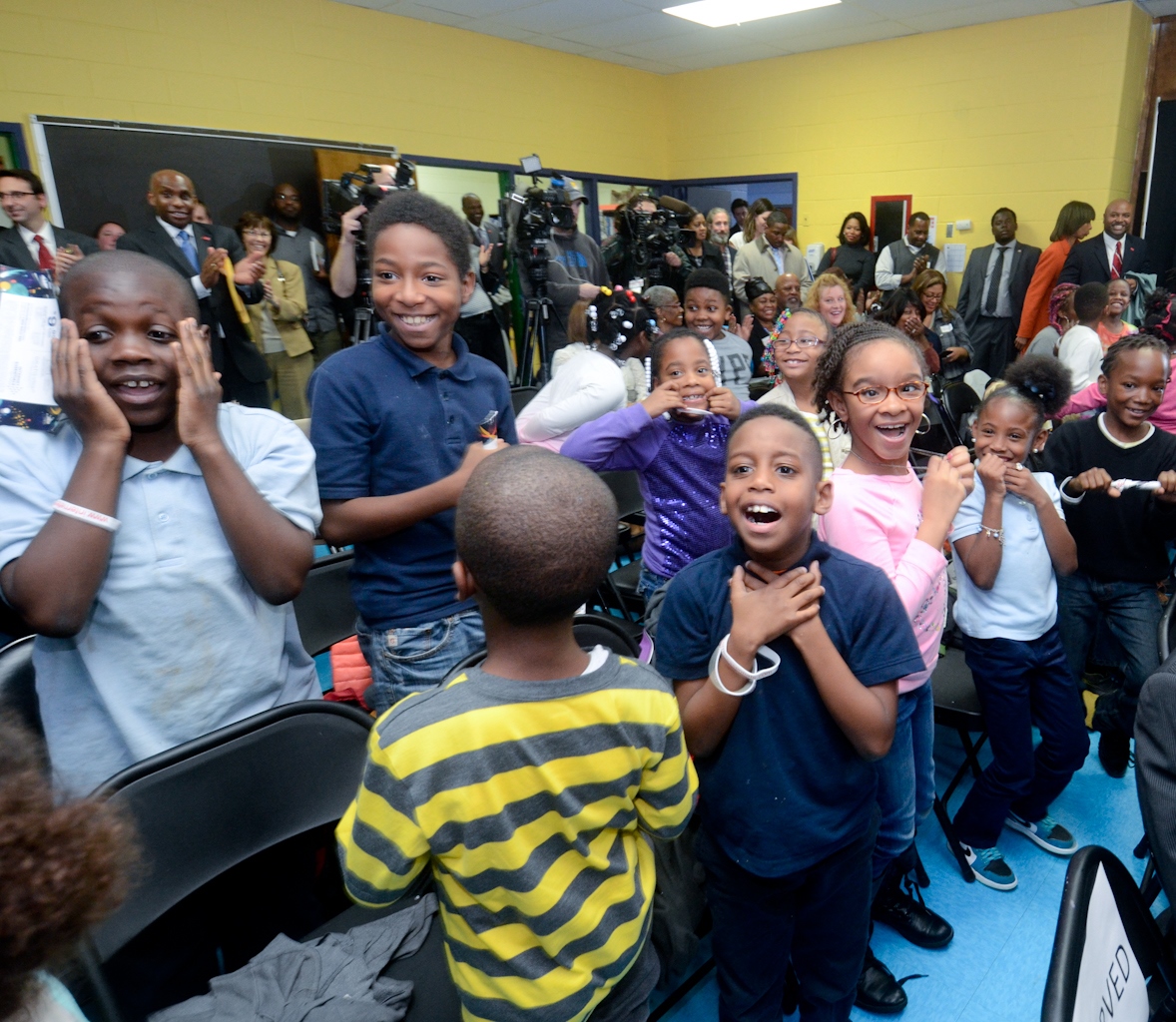A Comcast program designed to open up lower-cost internet access is expanding to all low-income residents within its service area, which includes Baltimore.
The Philly-based communications giant’s Internet Essentials program provides broadband access for about $10 per month.
According to our sister site Technical.ly Philly, Comcast is now extending eligibility for the program to include people who are participating in more than a dozen federal assistance programs including Medicaid, Supplemental Nutrition Assistance Program (SNAP), and Supplemental Security Income.
“The Internet is arguably the most important technological innovation in history, and it is unacceptable that we live in a country where millions of families and individuals are missing out on this life-changing resource,” said David L. Cohen, senior executive VP and chief diversity officer of Comcast NBCUniversal.
Across the country, Comcast estimates that nearly three million more people will now be eligible. This includes households with people with disabilities. It’s the latest of multiple expansions for the program in recent years, but Comcast said this is the largest change made to date.
The service was previously made available for families with children who qualify for reduced school lunch, people who live in public housing or receive HUD Housing Assistance and participate in the Veterans Pension Program, along with community college students and seniors in some markets.
Per Comcast, a total of eight million individuals from two million households have connected to the internet since the program was introduced eight years ago following requirements resulting from the company’s deal to add NBC Universal. In Maryland, the company said it has connected more than 312,000 people from 78,000 households.
As part of Internet Essentials, Comcast also provides an option to purchase an internet-ready laptop for $150 and access to digital literacy materials through a network of libraries, schools and learning centers.
Internet access provides the connections necessary to do homework, apply for jobs and stay in touch, so closing the digital divide is seen as critical for economic as well as social benefits. In Baltimore, a disparity in this area remains, as a Deutsch Foundation report from 2017 said 74,000 households in the city don’t have internet access.







